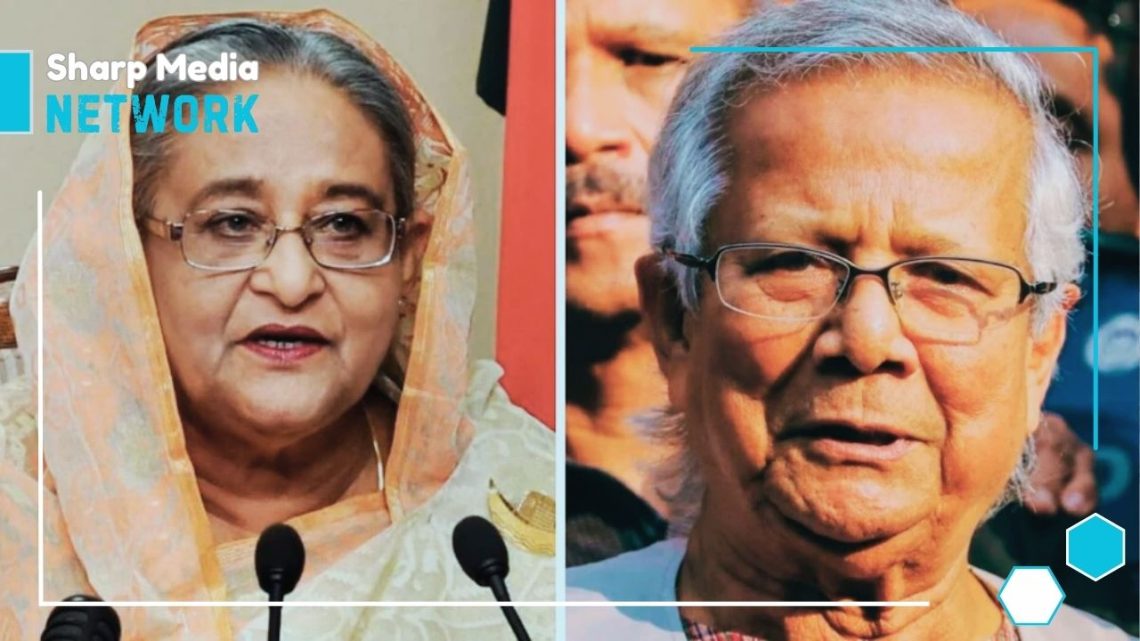
Sheikh Hasina’s Corruption Scandal: UK Uncovers Billion-Dollar Fraud, India’s Role Under Scrutiny
February 21, 2025The exposure of Sheikh Hasina Wajid’s family’s corruption has sent shockwaves through global political circles, revealing a complex web of financial misconduct and international protectionism.
The recent resignation of UK Treasury Minister Tulip Siddiq has intensified scrutiny on the widespread corruption involving the family of former Bangladeshi Prime Minister Sheikh Hasina Wajid. Siddiq, the daughter of Sheikh Rehana and Hasina’s niece, stepped down amidst growing investigations into her financial dealings linked to her aunt’s regime.
Reports reveal that Siddiq resided in a North London house with a staggering monthly rent of £2 million, owned by a businessman closely associated with the former Bangladeshi administration. Additionally, she benefited from a centrally located London flat, allegedly gifted by one of Hasina’s allies. These lavish accommodations, far exceeding the means of a public servant, have sparked concerns over illicit financial flows from Bangladesh to the UK.
The UK’s Anti-Corruption Coalition has strongly advocated for Siddiq’s resignation, citing a conflict of interest due to her familial ties to the ousted government. Under Sheikh Hasina’s 15-year rule, Bangladesh was plagued by rampant corruption and economic mismanagement, with investigations revealing that an estimated $16 billion was siphoned from the country annually.
One of the most glaring instances of corruption is linked to the Rooppur Nuclear Power Plant project, valued at $12.65 billion. Allegations suggest that Hasina, her son Sajeeb Wazed, and Tulip Siddiq misappropriated over $5 billion from the venture, highlighting the systemic nature of corruption within her administration.
Following her removal from power in August 2024, Sheikh Hasina sought refuge in India. Despite formal extradition requests from Bangladesh’s interim government, India has refused to repatriate Hasina, effectively granting her sanctuary despite accusations of grand-scale corruption and human rights violations.
India’s reluctance to extradite Hasina undermines international legal standards and disregards the justice sought by the Bangladeshi people. By shielding her, India’s actions not only contradict its commitment to regional stability but also challenge its stance on accountability and governance.
The Hasina family’s corruption, now laid bare on a global platform, demands an urgent international response. Neighboring nations, particularly India, must take moral and ethical responsibility in supporting Bangladesh’s pursuit of justice. Providing refuge to individuals implicated in significant corruption cases only prolongs the suffering of the Bangladeshi populace.
The global community must act decisively to hold both corrupt individuals and their enablers accountable. Justice must prevail to ensure that governance remains transparent and that the sovereignty and dignity of nations are upheld.

